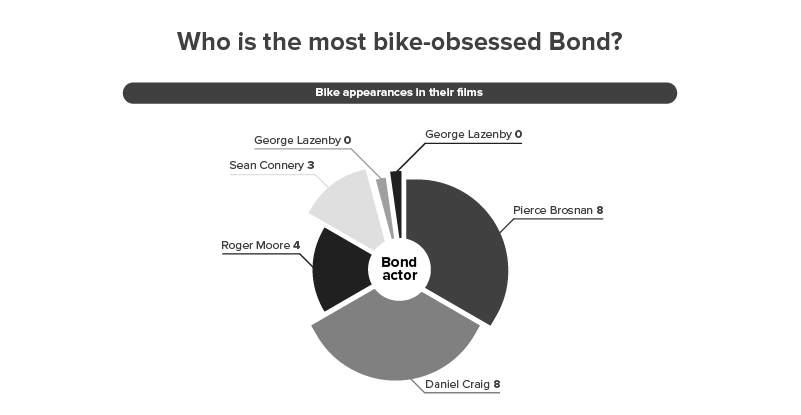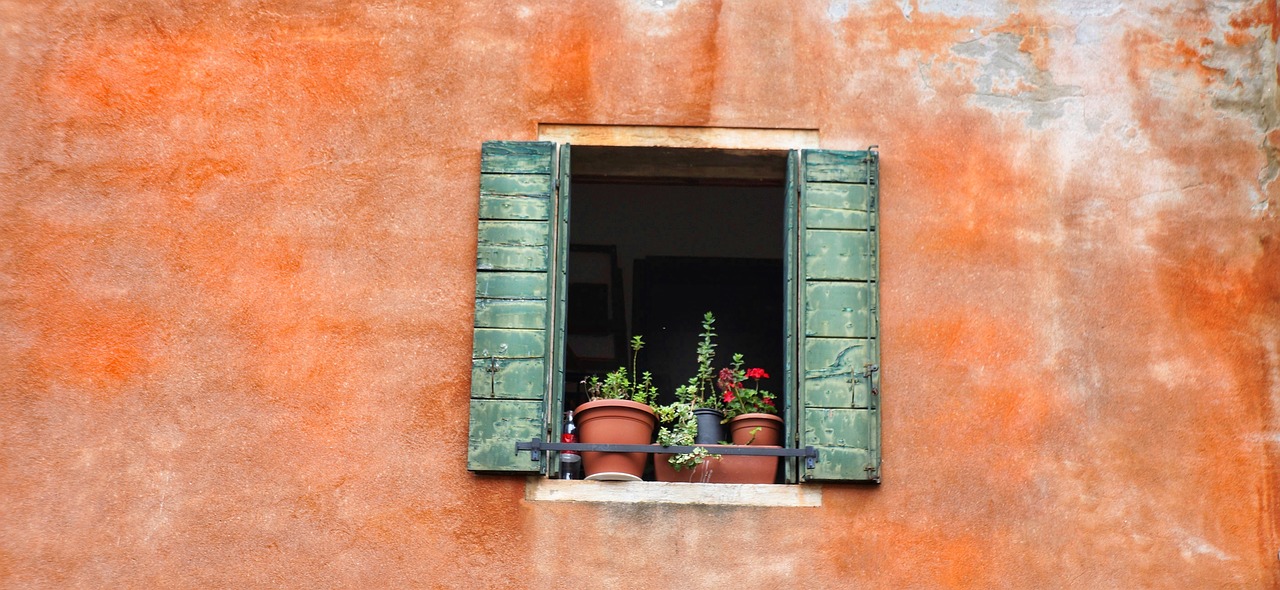Education Secretary Bridget Phillipson has addressed the recent closures of private schools, stating that the blame lies with the schools themselves and not with the government’s VAT policy. Phillipson emphasized that some private schools have struggled to manage their finances for several years, refuting claims that their closures are a result of the government’s decision to impose a 20% VAT on fees beginning in January.
The recent closures of Kilgraston School and Cedars School in Scotland have sparked discussions about the impact of the VAT policy, with both schools citing uncertainty over the policy as a factor in their closures. However, Phillipson dismissed this notion, stating in an interview with Sky News that “private schools are businesses that can make choices about how they manage their budgets, the level of fees that they charge.”
She further elaborated that the success of private schools ultimately depends on their ability to attract students and maintain reasonable fees. Phillipson pointed out that many private schools have significantly increased their fees in recent years, surpassing inflation rates and making it difficult for families to afford. This, in turn, has led to a decline in student enrollment, exacerbating the schools’ financial struggles.
Prime Minister Sir Keir Starmer had previously stated before the election in July that there is no evidence to suggest that private schools will be forced to close due to the VAT policy. Phillipson reiterated this sentiment, stressing that the government’s plans to implement VAT are aimed at improving the quality of education in state schools. The revenue generated from the VAT will be used to hire an additional 6,500 teachers in state schools.
Phillipson also emphasized that private schools will continue to be an option for parents, stating that “parents will be able to continue to send their children” to these schools. However, she noted that the vast majority of children in the country attend state schools, and as Education Secretary, she is determined to address the disparities in educational outcomes among students from different backgrounds and regions.
In light of the recent closures, discussions have also been sparked about the backgrounds of the new cabinet members and the potential impact of their education on their policies and decisions. This has also brought attention to the disparities in funding and resources between state and private schools.
Kilgraston School, Scotland’s only Catholic boarding school, announced its closure on Tuesday, citing a failed sale as the reason. The school, which has been in operation for 94 years, had previously raised £1.2m from parents in just 48 hours to avoid closure due to a £2m funding gap. However, with only 173 students registered this year, well below the required 210 to break even, the school was unable to sustain its operations.
Similarly, Cedars School in Greenock also announced its closure in September due to low enrollment. Despite having a maximum capacity of 120 students, the school only had 76 enrolled. The school spokesperson stated that the recent increase in fees by 10% and the added VAT levy would have made it difficult for families to afford the tuition, contributing to the school’s financial struggles.
The closures of these private schools have raised concerns about the future of private education and the impact of government policies on their operations. However, Phillipson remains committed to improving state education and addressing the inequalities in educational outcomes.



